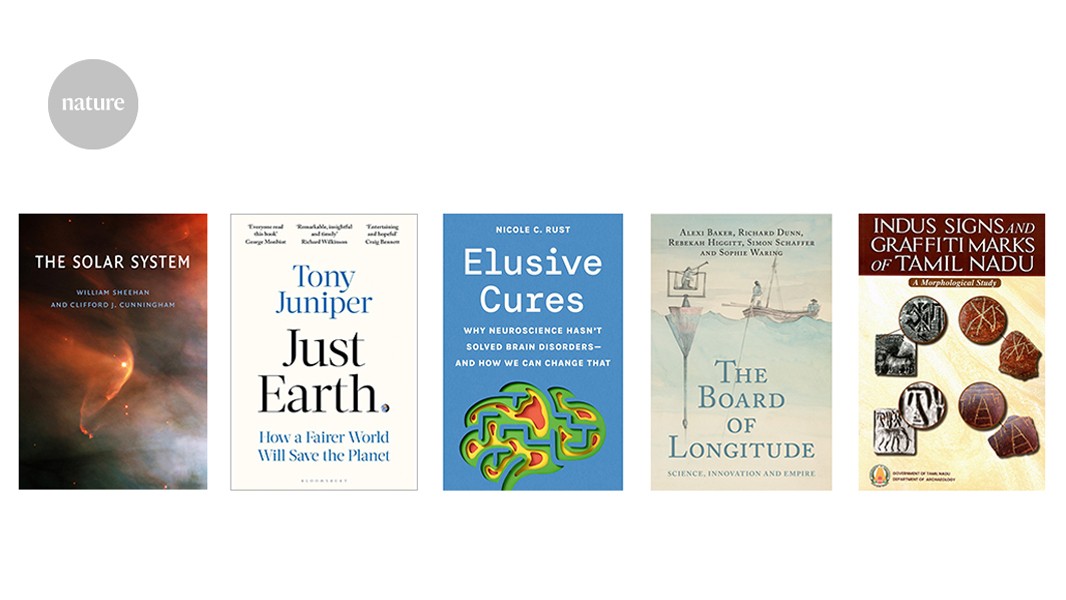
"Over the past few decades, brain research has produced effective treatments for pain, insomnia, postpartum depression, paralysis and spinal muscular atrophy, but some trials for Alzheimer's or Parkinson's disease, or for depression, have not been successful - notes neuroscientist Nicole Rust. "There's a growing sense that we've been oversimplifying the brain," her fascinating book accepts. To develop treatments, "we must stop dreaming of magic bullets and embrace complexity", understanding brain function through feedback loops."
"In 1714, the UK Parliament announced a financial reward for "such Person or Persons as shall discover the Longitude at Sea". In due course, a Board of Longitude was established. In this intriguing book, five historians of science working with various museums relate the board's history. In its time, it supported many navigators, instrument makers, surveyors and clockmakers - including John Harrison and his invention of the marine chronometer."
"The exquisite script of the Indus civilization (2500-1800 bc) has remained undeciphered for a century. However, scholars agree that its language is probably related to the Dravidian languages of southern India, notably the state of Tamil Nadu, not to those of northern India, such as Sanskrit. This elegantly illustrated book by archaeologists K. Rajan and R. Sivanatham offers some tantalizing visual similarities between various Indus signs and Iron-Age graffiti found in Tamil Nadu - although without proving any historical link."
Over recent decades, brain research produced effective treatments for pain, insomnia, postpartum depression, paralysis and spinal muscular atrophy, while some trials for Alzheimer's, Parkinson's and depression have failed. There is a growing sense that the brain has been oversimplified; developing treatments requires abandoning hopes for magic-bullet cures and understanding brain function through feedback loops and complexity. In 1714, the UK offered a financial reward for discovering longitude at sea, leading to establishment of a Board of Longitude that supported navigators, instrument makers and clockmakers such as John Harrison and his marine chronometer. The Indus script (2500–1800 BC) remains undeciphered; its language is probably related to Dravidian languages of southern India, notably Tamil Nadu, and visual similarities to Iron-Age Tamil graffiti appear, though no historical link is proven.
Read at Nature
Unable to calculate read time
Collection
[
|
...
]